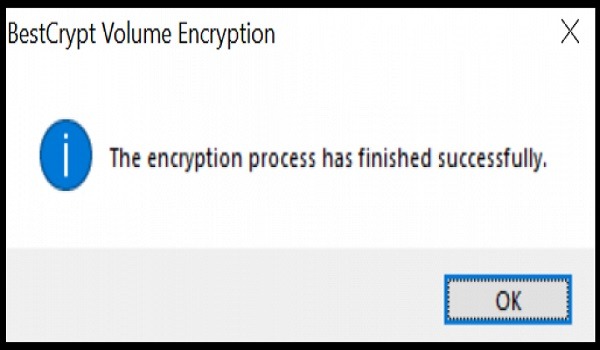Senator Dianne Feinstein is notorious for introducing anti-encryption bills— most notably the so-called “San Bernardino bill”— that would compel companies to decrypt data when asked to by law enforcement. Feinstein’s bills have gained a lot of public attention and support, and they’re starting to look like a serious possibility. Many citizens are concerned about the safety of their information, but Sen. Feinstein’s proposals have a lot of negative backlash.
Nature to the Investigatory
Feinstein’s bill is very similar in nature to the Investigatory Powers Bill, or IPC bill, that was recently passed in the UK. The IPC bill forces companies to decrypt data when requested by law confidentially by law enforcement; however, it doesn’t grant legal powers to do this. A lot of people in the U.S. believe that a similar bill here would grant dangerous new powers to national security agencies. Therefore, many citizens are vehemently against this legislation— which is why it’s received so much negative media attention.
Law enforcement agencies
Law enforcement agencies want companies to provide them with permanent access to encrypted data. However, this access would severely violate the privacy of citizens and weaken security for everyone. To remedy this problem, companies have been creating increasingly strong encryption over the years. This has created a stalemate between law enforcement and the people they’re trying to protect. Senator Feinstein’s bill would force companies to comply with court orders without any regard for their users’ data. This would be an extremely dangerous precedent and seriously undermine the security of everyone in the country.
Many solutions have been proposed since Feinstein’s bill first became a topic of debate— but none have received much traction so far. One proposal suggested by a group includes mandating that companies inform users that their data has been subpoenaed by law enforcement. However, that would still allow government agencies unrestricted access to citizens’ data without their knowledge or consent— which is unacceptable in most cases. Another idea suggested by some is to create an oversight board with strict guidelines to govern how government agencies use these powers. This board would need to allow regular public hearings so that citizens can express their concerns and suggestions regarding how these powers should be used. Essentially, it would function like an independent oversight committee over Sen. Feinstein’s proposed law.
Final Word
It appears as if Senator Dianne Feinstein has managed to convince many other senators that she has a strong case for an anti-encryption bill. She’s currently working on amending or adding amendments to S. 139— which is the Encryption bill currently being debated by the Senate Judiciary Committee— so it will quickly move through committee and onto the Senate floor for voting as soon as today or tomorrow! It’s still too early to tell whether Sen. Feinstein’s bill will pass, but there’s no doubt that she’s making a lot of progress toward that goal!


